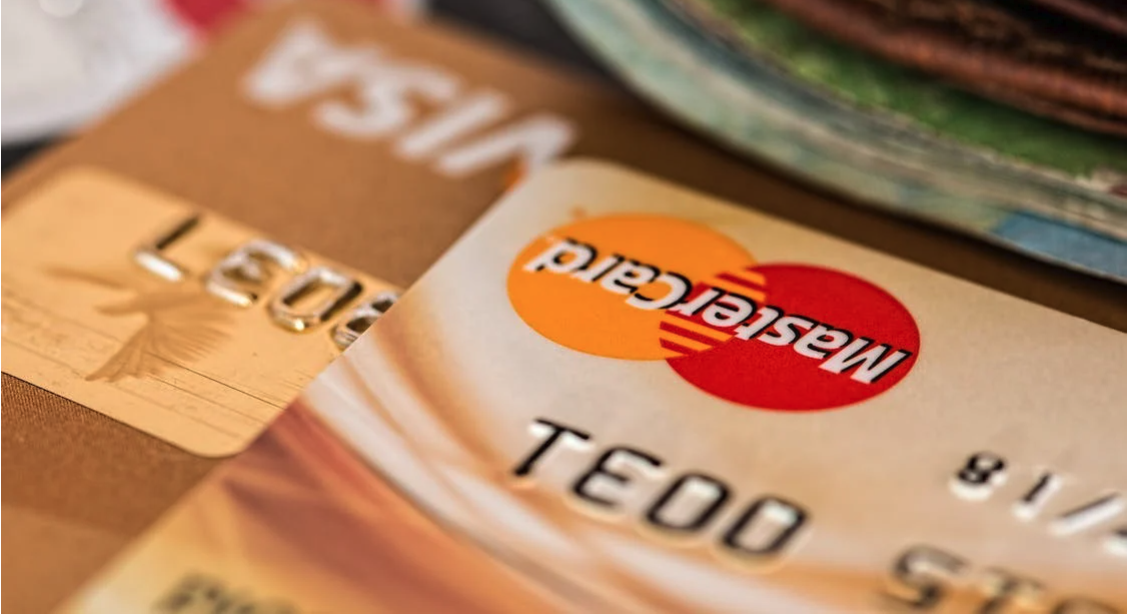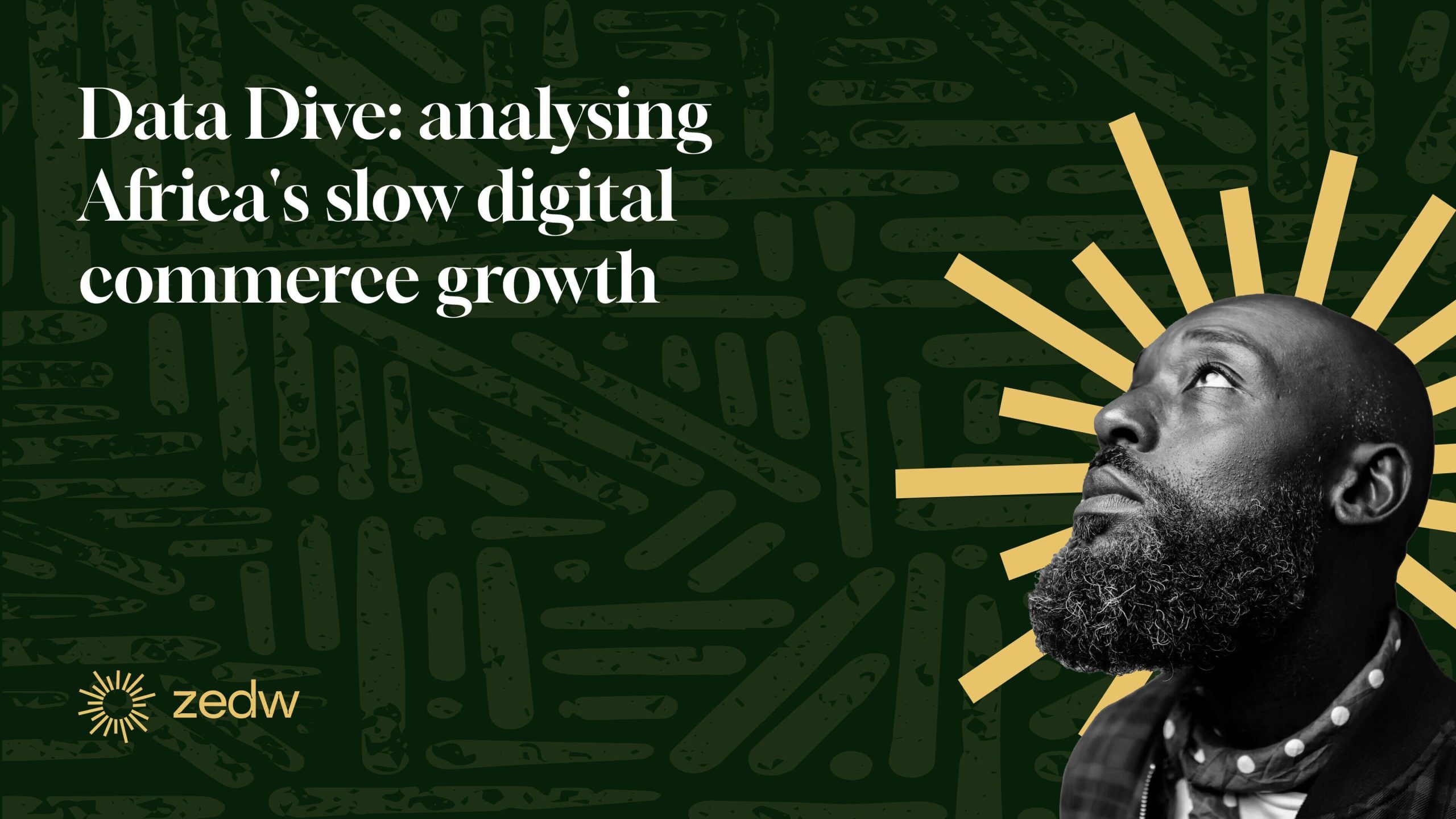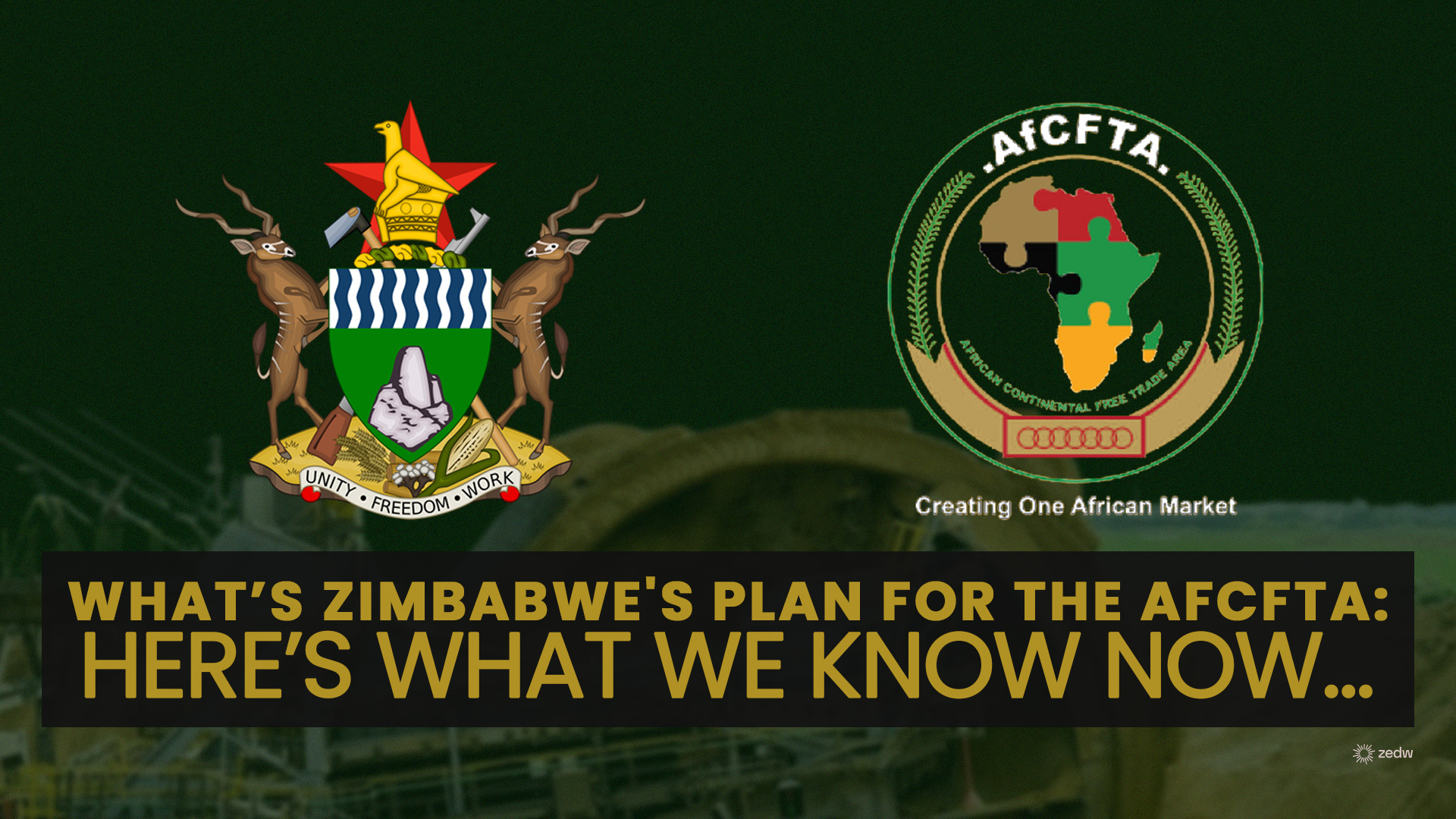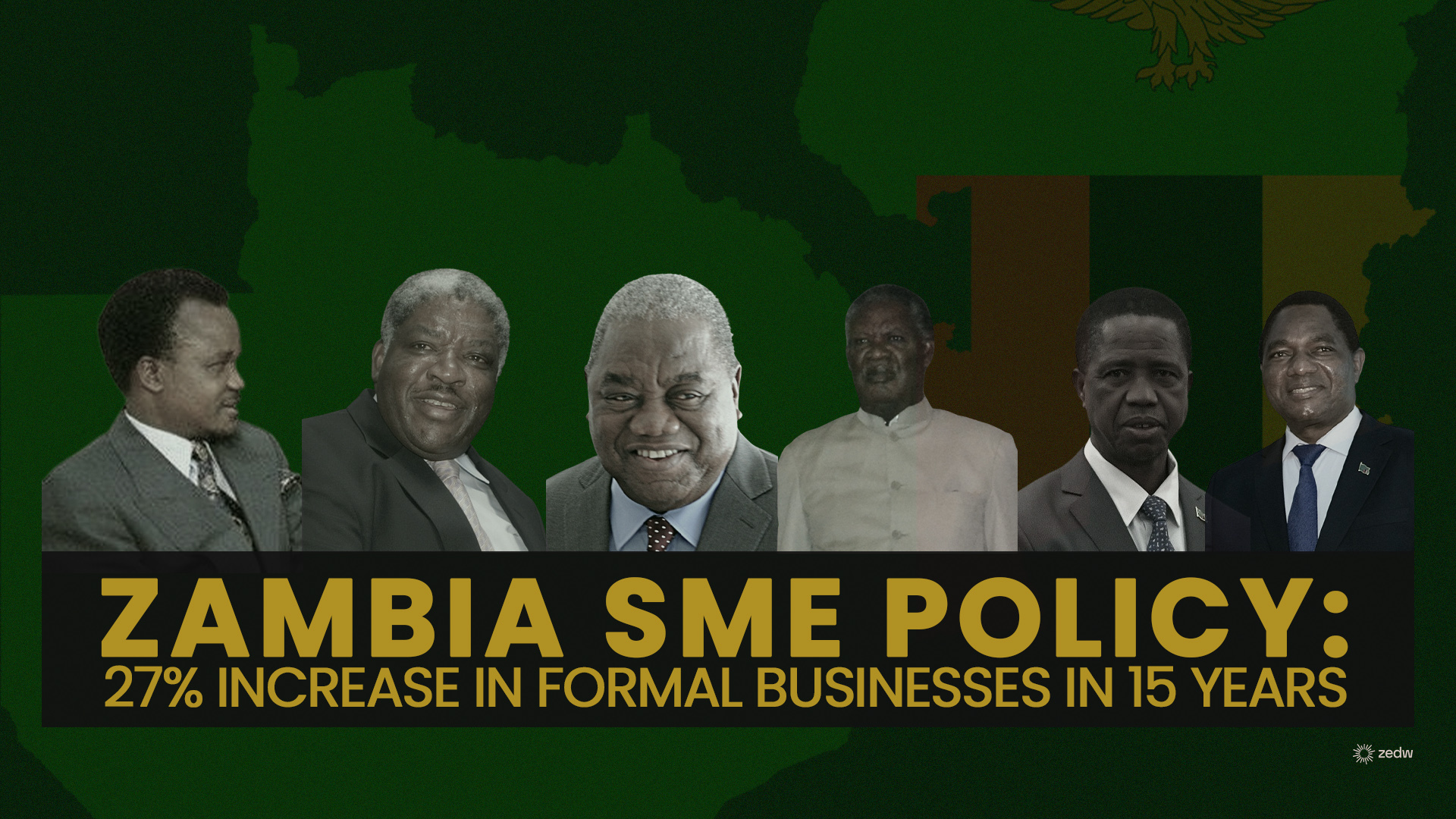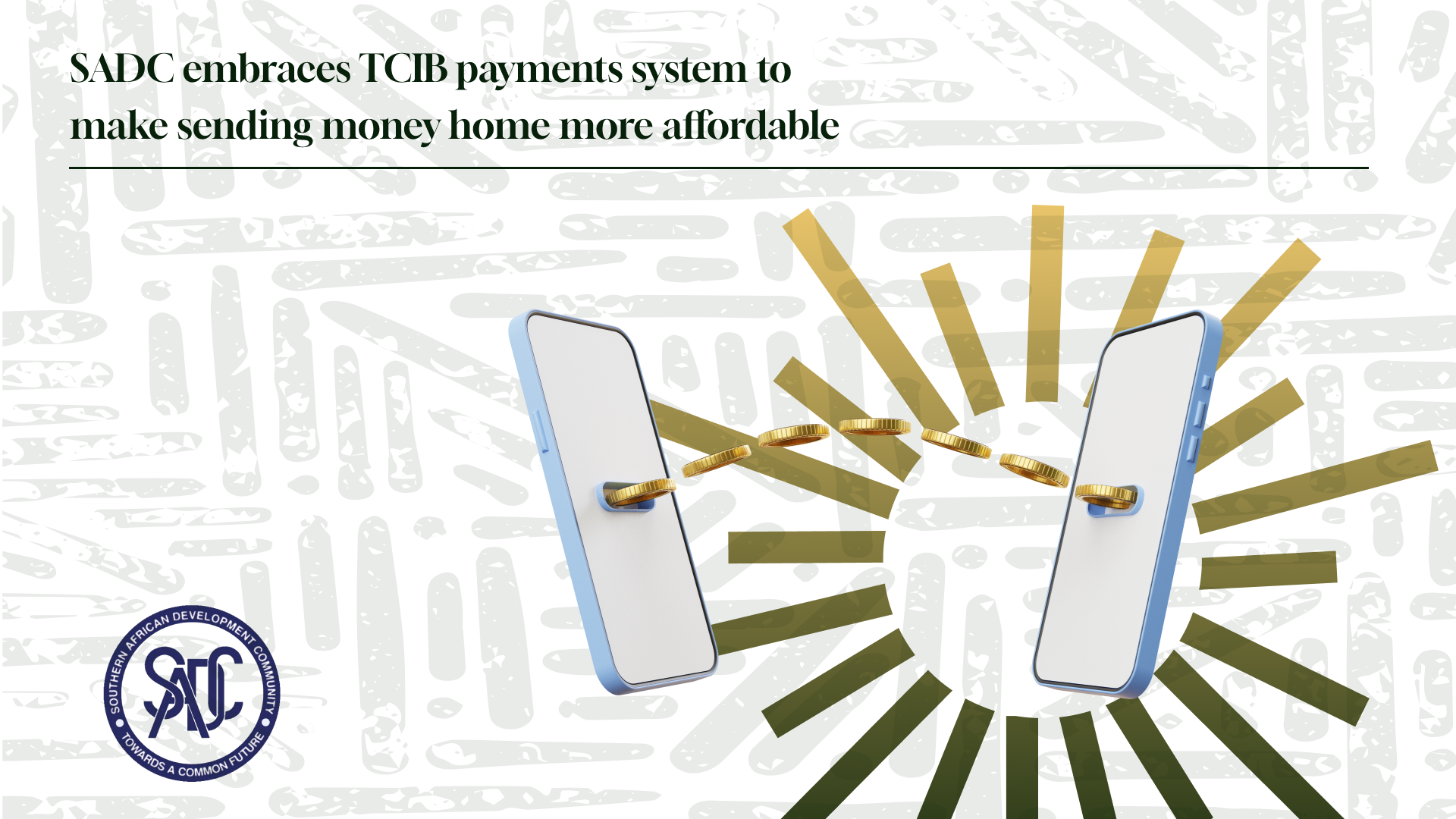Apple recently launched the iPhone Wallet feature in beta in the United Kingdom (UK) and whilst this news went under the radar it could turn out to be a huge deal. iPhone Wallet is based on the UK’s Open Banking API – a way of banking which many are claiming to be the next financial technology (FinTech) revolution…
Open banking is a system where banks allow third parties, such as FinTech startups, to access their clients’ data and offer services using APIs. The UK and European countries are adopting Open Banking or PSD2 (Second Payment Services Directive), essentially mandating banks to release their data in standardised formats for easy sharing online. Why?
“People are paying too much for their overdrafts; money is sat in current accounts not earning interest; there’s not enough switching.”
Imran Gulamhuseinwala – head of Open Banking Limited
The feeling was that there wasn’t enough competition in the banking sector and whilst banks were encouraged to confront this issue, they didn’t. EU and UK regulators then stepped up and pushed the regulation.
What are the potential benefits of Open Banking?
Open Banking has proposed a few theoretical benefits that will come as a result of liberating banking data:
Payments
Instead of having to rely on different payment service providers open banking users will have money taken directly from their bank account to the merchants skipping the payment switching and acquiring phases of a transaction. This is possible because there are more than 2300 banks integrated in PSD2. Williams – a SME based in the UK utilised open banking to ensure they could access instant settlement as their card processing costs had risen to 10% of pre-tax profit.
When we started to look at it, we realised there were other advantages. This could have a significant cash flow impact on us because it’s instant settlement, not ‘day plus three’, or whatever your deal is with your payment service provider (PSP). It was obviously much cheaper on a transaction basis, and in a classic case of good timing [as the pandemic hit], it was also contactless.
Mike Mann, Williams’ Finance Director
Efficient money management
Individuals with two or more bank accounts have to individually manage their accounts since the banks can’t communicate directly but under open banking would allow clients to view both at the same time. Banks in the UK and EU are already utilising this in limited tests allowing clients to access a dashboard that has info from all bank accounts
Streamlined mortgage applications
Open banking can deliver streamlined mortgage application processes for customers. By consenting to share their transactional data electronically with a mortgage provider, customers can save time and avoid the admin associated with compiling and sharing paper documentation. Real-time access to a customer’s statement information enables mortgage providers to make quicker, more informed decisions and reduce lending risks from a better understanding of a customer’s income and expenditure.
Financial inclusion
Open Banking can help more people access formal financial services, especially those who are unbanked or underbanked. By allowing customers to use their existing bank accounts to access other services, Open Banking can reduce barriers of entry, such as high fees, documentation, or distance. We have already seen similar execution in Nigeria through their Bank Verification Number technology (though Open banking hasn’t been adopted on the continent);
Innovation
By leveraging data and infrastructure of banks, third-party providers can offer more custom and convenient services to customers, i.e personalised recommendations, instant loans, or cross-border payments. For example, a customer can use a fintech app to compare and apply for the best loan offer from different banks, without leaving the app.
Customised products
Open banking can also offer customers access to customised products that suit their specific needs and preferences. By sharing financial data with regulated third-party providers, customers can receive tailored advice, recommendations and offers based on their spending habits, goals and preferences. For example, open banking can help customers find the best savings account, budgeting tool or investment platform for them.
Competition
Open Banking can increase competition in the financial market by giving customers more choice and control over their financial data and services. By allowing customers to switch between different providers easily, Open Banking incentivises banks and third-party providers to offer better products/services. This could include lower fees, higher interest rates, or faster transactions. For example, a customer can use a comparison website to find the best savings account from different banks, and switch to it with a few clicks.
Whilst I already acknowledged Nigeria’s BVN, you may be wondering if there is more activity in Africa suggesting Open Banking’s impending rise…
What about Africa?
Open Banking clearly has the potential to impact financial services in Africa where an estimated 45% of adults do not have any form of bank or mobile account. However, there are problems on the continent that need solving to make it possible for Open Banking to exist effectively….

This low access to financial services in turn results in Africa’s economy remaining informal. These informal businesses will find it difficult to access formal financial services or share their data with third-party providers. Open Banking solutions will need to cater to preferences of informal businesses, such as offering mobile-based or offline access when possible.
Lack of regulatory frameworks
Open Banking requires clear and consistent rules that protect consumer data, ensure fair competition, and promote interoperability. However, many African countries do not have adequate data protection laws or open banking standards.
South Africa more recently started laying the groundwork for open banking in its regulation. In Nigeria, Open Banking Nigeria is a non-profit initiative aiming to drive development and adoption of open APIs within Nigeria’s financial industry.
All this is great – but it’s hard to imagine anything happening at continent level similar to PSD2 in the EU. At the moment, the African Union’s focus is pushing the African Continental Free Trade Area (AfCFTA) agreement and it’s hard to see them simultaneously get involved with financial regulations.
PS: Without a unified currency like the Euro, it’s harder to perform payment settlement across borders. This might result in an Open Banking that is siloed as opposed to being continental like seen in Europe.
Limited internet access
A big problem standing in the way of Open Banking is internet connectivity – or lack thereof. Open Banking relies on internet connectivity and smartphone penetration to enable seamless data exchange and service delivery.

However, many parts of Africa still face challenges in accessing reliable and affordable internet services. According to GSMA data, only 22% sub-saharan Africans had access to the internet as of 2021. Moreover, smartphone ownership is still low in many countries meaning access to cutting-edge banking solutions is some way off.
You can go into this market, get a youngster who is comfortable with technology but listen I mean can he actually afford mobile data?African bank executive – Opportunities and challenges of Open Banking in South Africa research study
Low financial literacy
African consumers may not be aware of the benefits and risks of sharing their financial data with third-party providers. They may also lack the skills or confidence to use digital platforms or compare different products. Education and awareness campaigns are necessary to increase trust and demand for open banking services among consumers.
It’s not all bad news
There is low activity on the continent that points to startups offering Open Banking
Mono
a Nigerian startup allowing businesses to access customer financial data from various sources, such as bank accounts, wallets, cards, and investments. Mono also provides tools for ID verification, recurring payments, and account management. Since being founded in 2020, Mono has raised $17.6 million to date and is one of the few pioneers of open banking in Nigeria.
truID
truID is a South African startup that offers an open finance platform that allows users to securely access consumer financial data from all major banks in South Africa. The startup also enables users to share their data with third-party service providers, such as lenders, insurers, and fintechs. truID was founded in 2017 and is the first open banking startup to have begun operations in South Africa.
Okra
Another Nigerian startup enabling businesses to access customer financial data from various sources, such as bank accounts, cards, transactions, income, identity, and balance. They also provide tools for direct debit, bank statement retrieval, and data enrichment. Okra was founded in 2020 and has raised $4.5 million in seed funding. The startup is one of the leading open banking startups in Nigeria, where it claims to have connected to all banks in the country.
We have work to do…
These are some of the barriers that open banking faces in Africa currently. However, they also present opportunities for innovation and collaboration among different stakeholders, such as banks, fintechs, regulators, and consumers. Open banking has the potential to increase financial inclusion, efficiency, and growth in Africa if these barriers are overcome but my feeling is that Open Banking in the context of Africa will be a bit more fragmented than what we have seen in Europe and the UK.
featured image: Pixabay/Pexels

